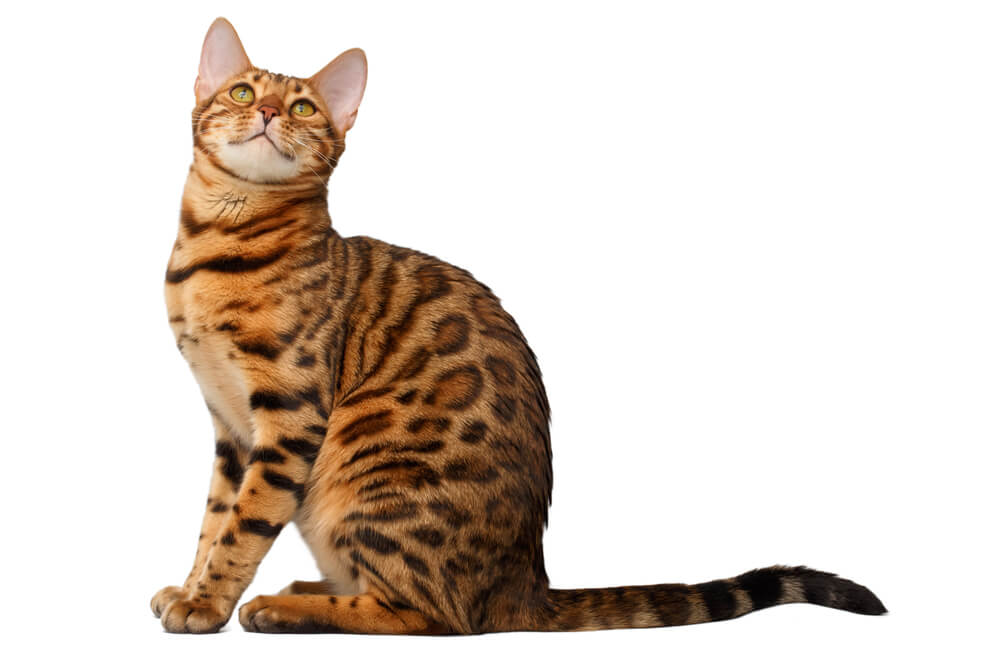Most new kitten parents are eager to find out when their little one will start teething. Teething is a significant milestone for kittens, as it’s the first step in their development into adult cats.
While every kitten is different, and there is no precise timetable for teething, there are some general signs that your kitten is getting ready to cut her first set of teeth.
In this article, we’ll discuss those signs and offer tips on how to help your kitten through this important process.
What Are the Signs of Teething in Kittens?
When kittens are teething, they will often chew on things, including you! However, there are some signs that your kitten is teething, so you can provide them with the relief they need.
Kittens start teething around 4 months of age. If you think your kitten may be teething, look for these signs:
- Excessive drooling
- Chewing on everything in sight
- Swollen gums
- Irritability or crankiness
If you notice any of these signs, take your kitten to the vet to make sure there is no underlying medical issue causing the symptoms. The vet can also advise how to help your kitten through the teething process.
How Can You Help Relieve Your Kitten’s Teething Pain?
If your kitten is teething and you want to help relieve its pain, there are a few things you can do. You should also avoid giving them hard foods or anything that could potentially damage their new teeth.
Offer them a soft food diet: When kittens are teething, their gums can be sore and inflamed. Eating hard foods can make this pain worse, so it’s best to switch to a soft food diet while they’re going through this process. You can either give them canned kitten food or soak dry kibble in water until it’s soft.
Give them chew toys: Chew toys can help massage your kitten’s gums and relieve some of the discomforts they’re feeling. Look for toys that are specifically designed for teething kittens, such as ones made of rubber or nylon.
You can also give them safe household items to chew on, like a clean washcloth or a soft toy.
Make sure they have plenty of fresh water: It’s important to keep your kitten hydrated while they’re teething. Make sure they have access to fresh water at all times and consider adding a little bit of wet food to their diet to help them stay hydrated.
Avoid hard foods and anything that could damage their teeth: Once your kitten’s teeth start coming in, they’ll be sharp and delicate. So avoid giving them hard foods or anything that could potentially damage their new teeth, such as bones or ice cubes.
If you follow these steps, you can help your kitten through the teething process and make them as comfortable as possible. Just remember to be patient; it will all be over before you know it!
When Do Kittens Lose Their Baby Teeth?
The average kitten will start to lose their baby teeth at around 4 months old. Yet, it’s common for some kittens to begin as early as 3 months old or as late as 6 months old.
The process of losing baby teeth is called “exfoliation.” Kittens typically lose their incisors first (the teeth in the very front), followed by the canines (the fang-like teeth), and finally, the premolars.
Similarly, adult teeth may come in crooked or misaligned, which is why it’s important to take your kitten to the vet for regular check-ups.
You’ll know your kitten is starting to lose their baby teeth when you see them chewing on things more than usual or drooling excessively. You may also see blood on their gums or their toys.
What Should You Do if a Kitten Swallows a Tooth?
If a kitten swallows a tooth, it’s essential to take them to the vet immediately. If the tooth is sharp, it could cause damage to the throat or digestive tract.
Swallowing a tooth could also be a sign of another health issue, such as teething pain or an infection. The vet will be able to determine if there is any cause for concern and treat the kitten accordingly.
If you notice any redness, swelling, or bleeding, take them to the vet right away. Teething can be a painful process for kittens, so it’s important to ensure they’re comfortable and not in danger.
Kittens go through a teething process much like babies do, which can be a painful experience.
Teething can cause a kitten to drool more than usual, lose its appetite, and become fussy. If you notice these symptoms, take your kitten to the vet immediately. The vet will be able to provide relief from the pain and help ensure that your kitten is healthy and comfortable.
In Conclusion,
Keeping an eye on your kitten’s teeth and gums during the teething process is necessary.














